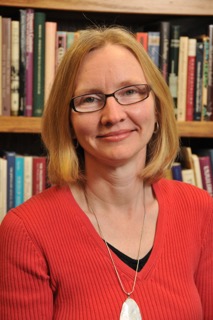Special GSNA Sessions at the Annual Meeting of the German Studies AssociationWashington, DC, October 1-4, 2015
Goethe’s Integration of Art and Science
Moderator: Clark Muenzer, University of PittsburghCommentator: Frederick Amrine, University of Michigan
- “Goethe’s Epistemology of Love,” Arthur Zajonc, Amherst College
- “Organicist Aspects of Schenkerian Thought,” Jeff Swinkin, University of Oklahoma
- “Spiel der Phantasie: Trauer, Tanz und Therapie in Goethes Lila,” Ferdinand Bubacz, New York University
Science, Nature, and Art: From the Age of Goethe to the Present
Seminar Conveners:Frederick Amrine, John Smith, and Astrida Orle TantilloSeminar Participants:
- Yvonne Al-Taie, Kiel University
- Jeffrey Champlin, Bard College at Alquds University
- Daniel DiMassa, Worcester Polytechnic Institute
- Sally Hatch Gray, Mississippi State University
- Martha Helfer, Rutgers University
- Jennifer Hoyer, University of Arkansas
- Samuel Kessler, University of North Carolina, Chapel Hill
- Rita Krueger, Temple University
- Alice Kuzniar, University of Waterloo
- Marcus Lampert, University of Chicago
- Charlotte Lee, University of Cambridge
- Seth Elliott Meyer, University of California, Berkeley
- Elizabeth Millan, DePaul University
- Howard Pollack-Milgate, DePauw University
- Sebastian Rand, Georgia State University
- Michael Saman, College of the Holy Cross
- Elliott Schreiber, Vassar College
- Alexis Smith, University of Oregon
- Gabriel Trop, University of North Carolina, Chapel Hill
- Johannes Wankhammer, Cornell University
